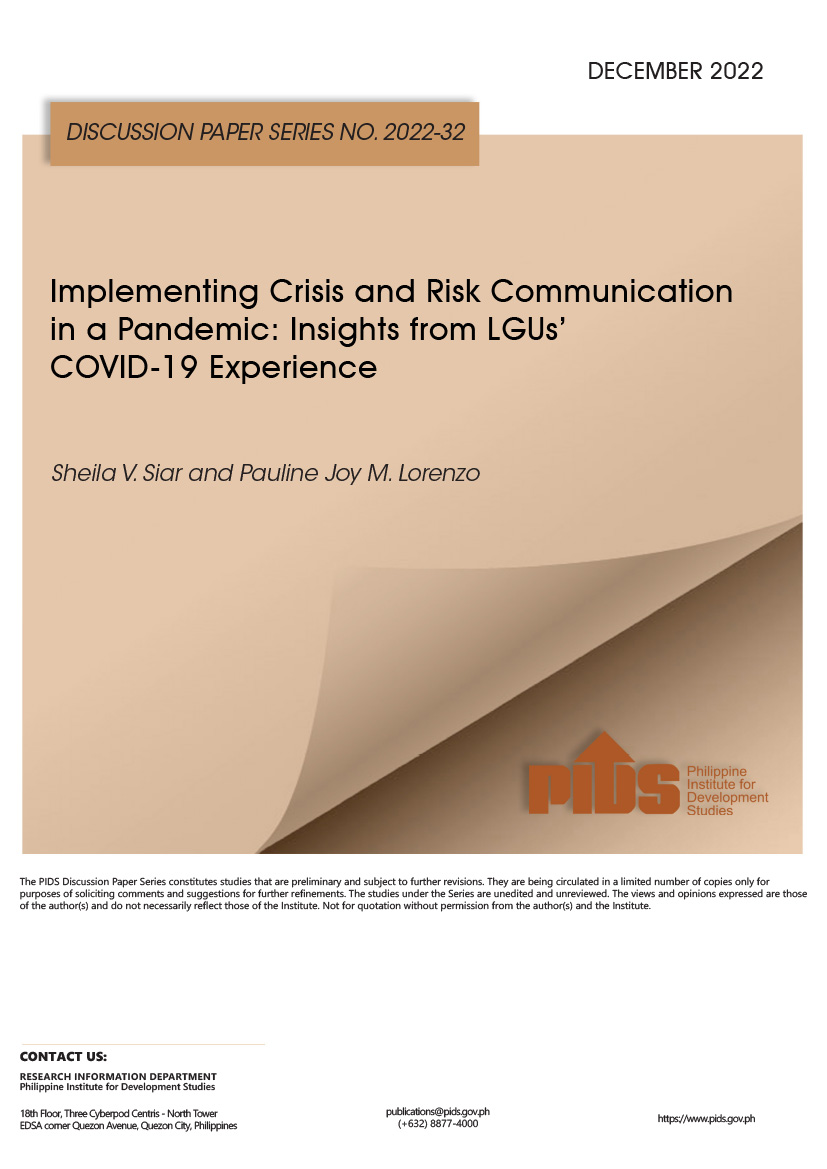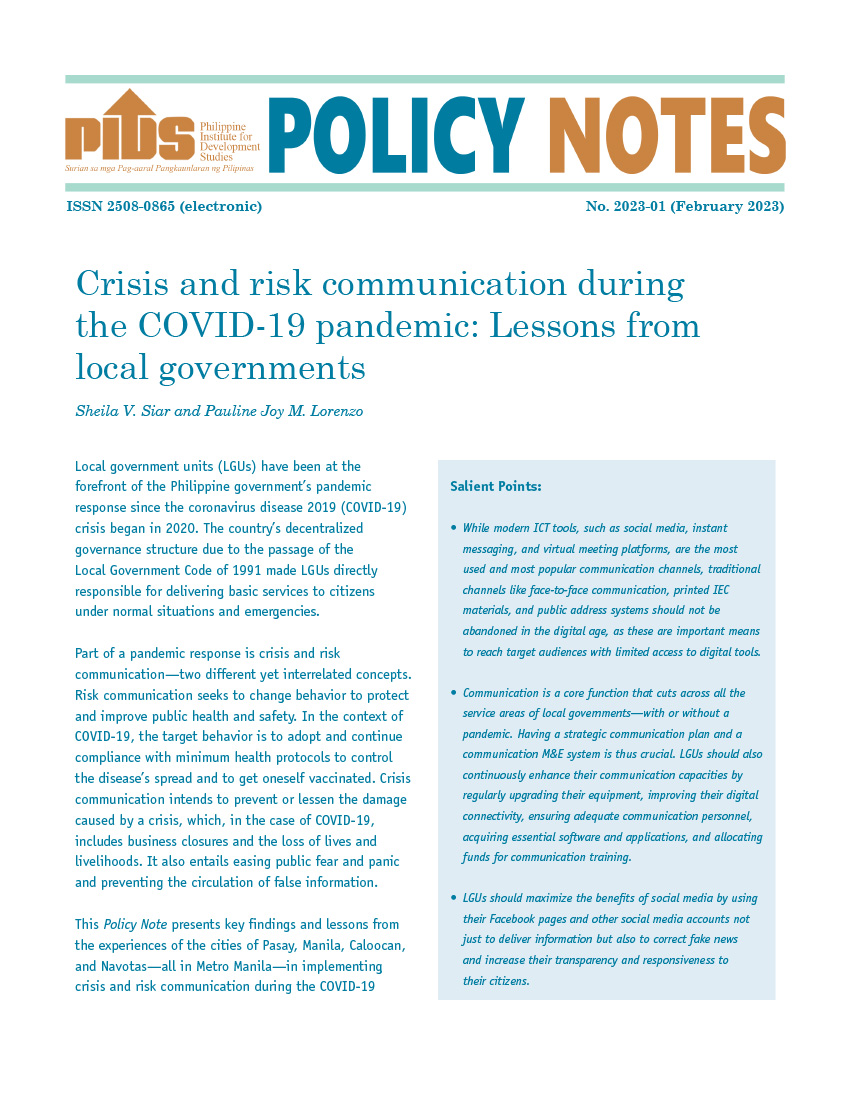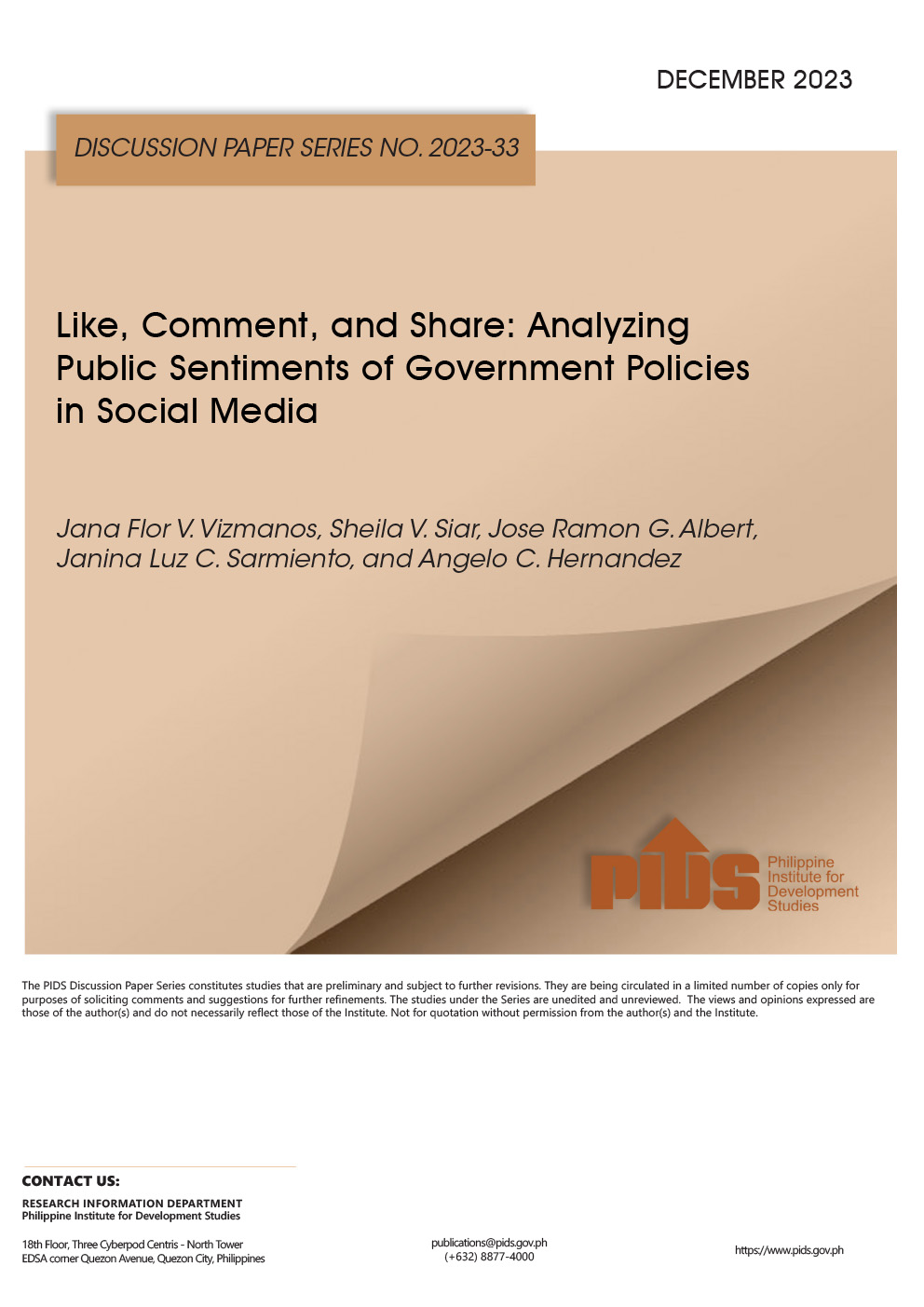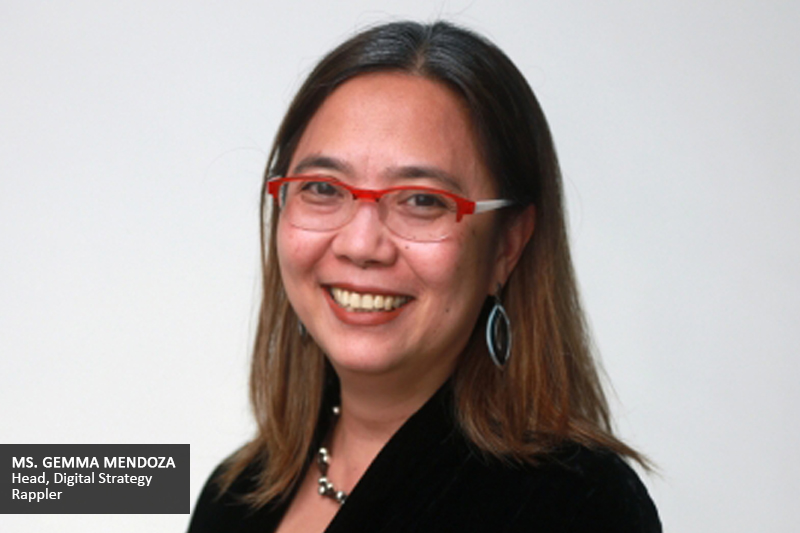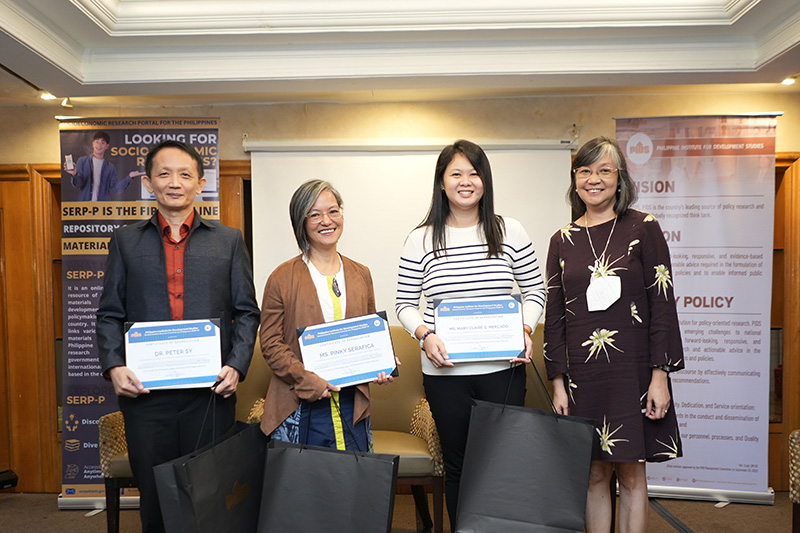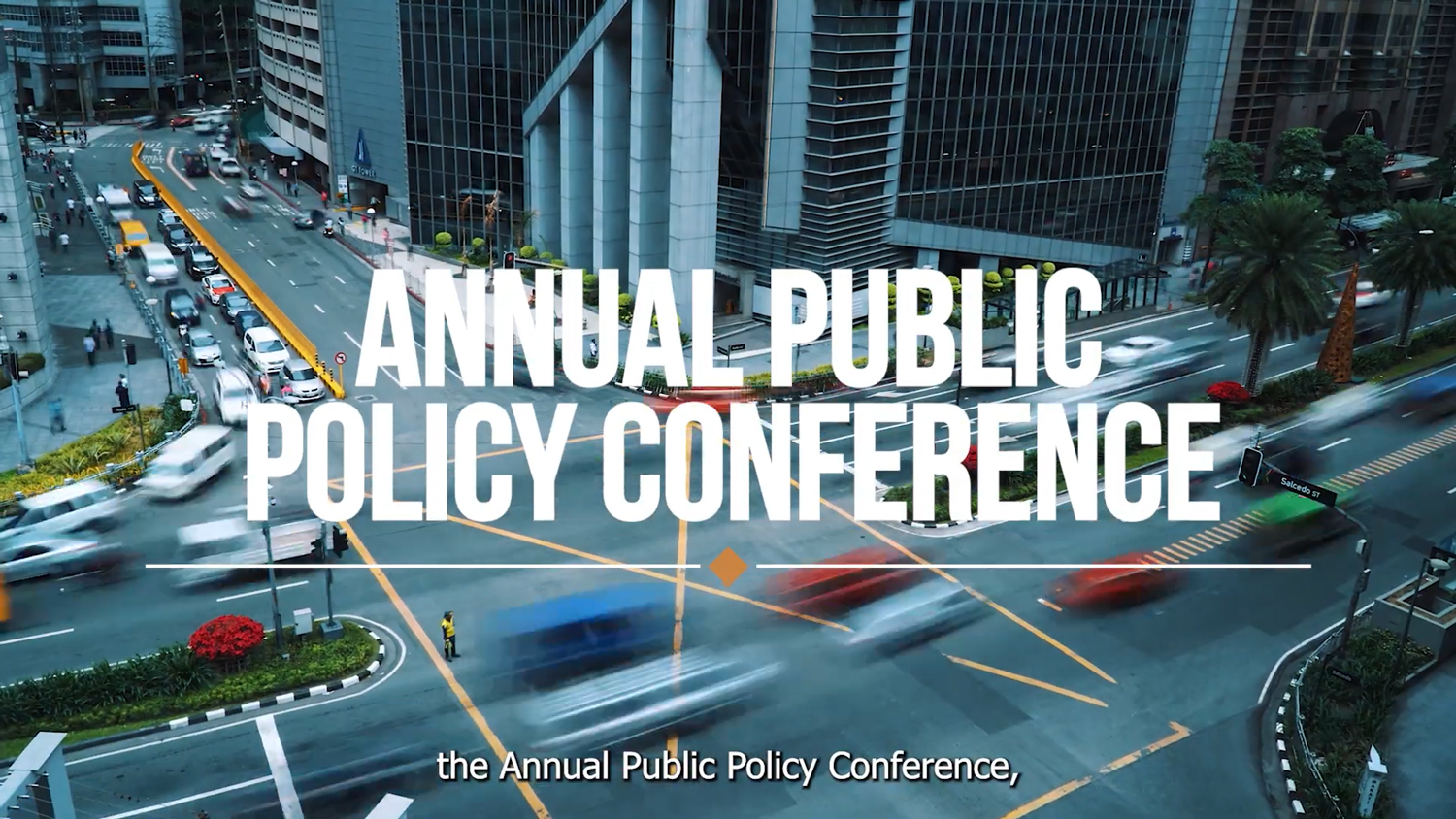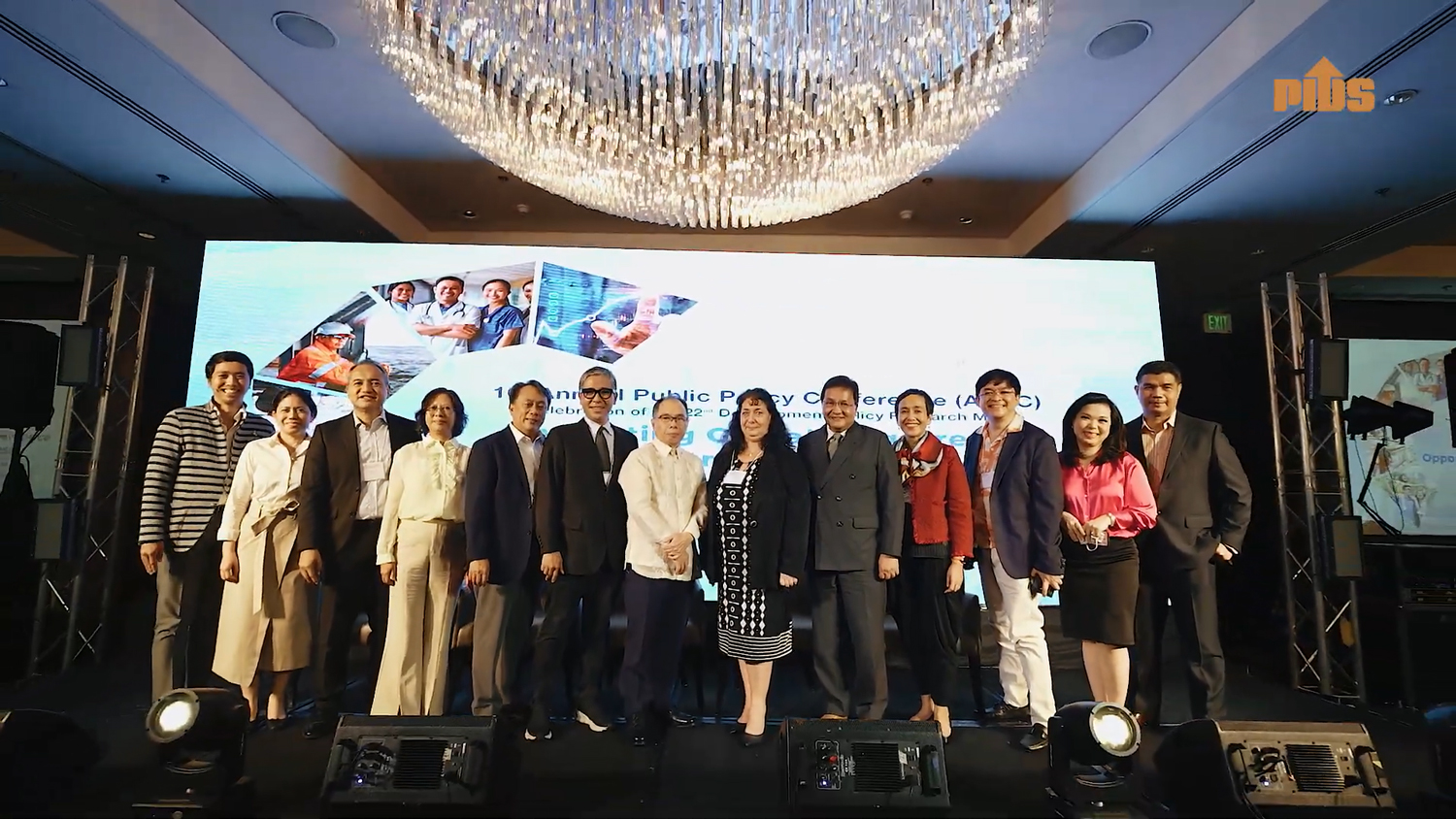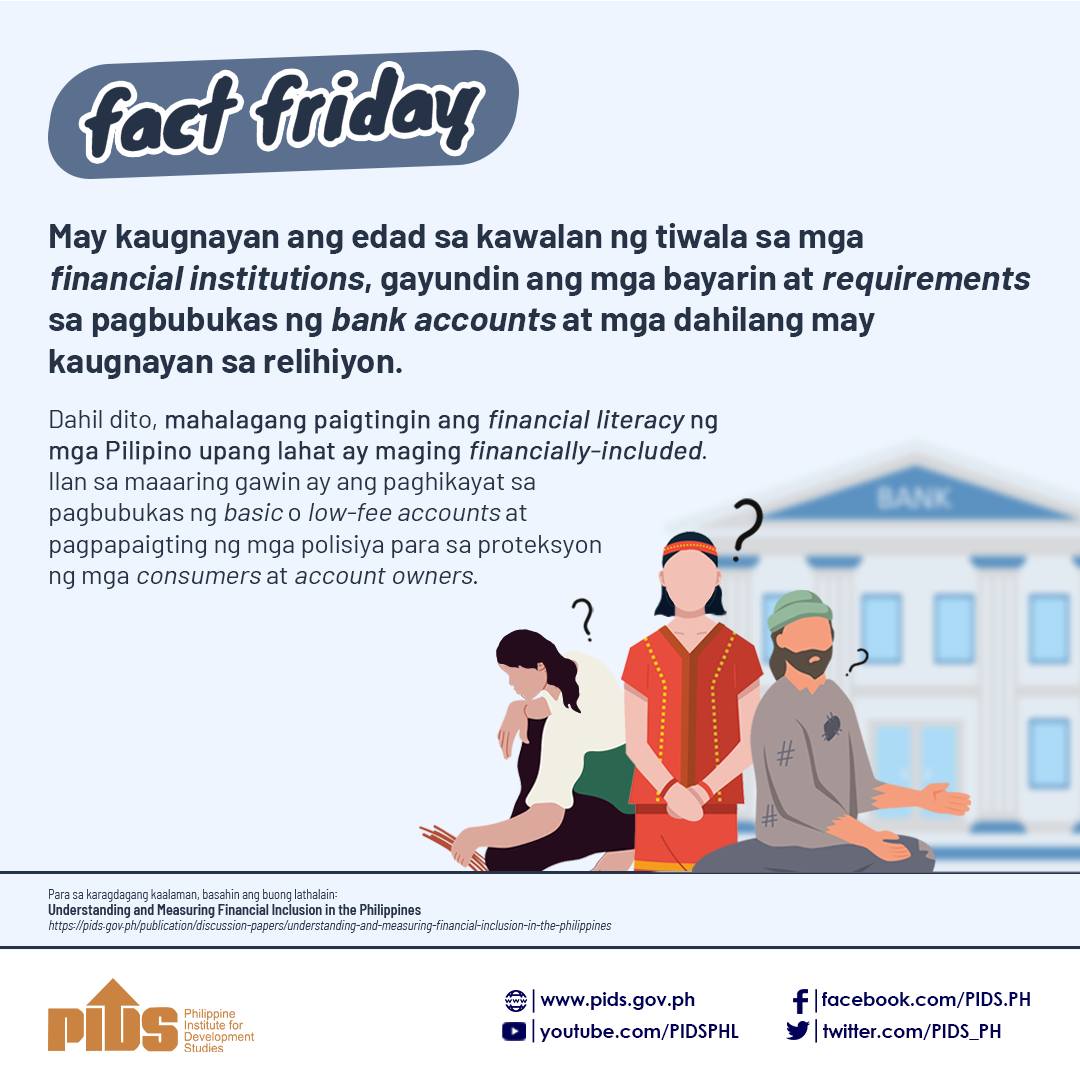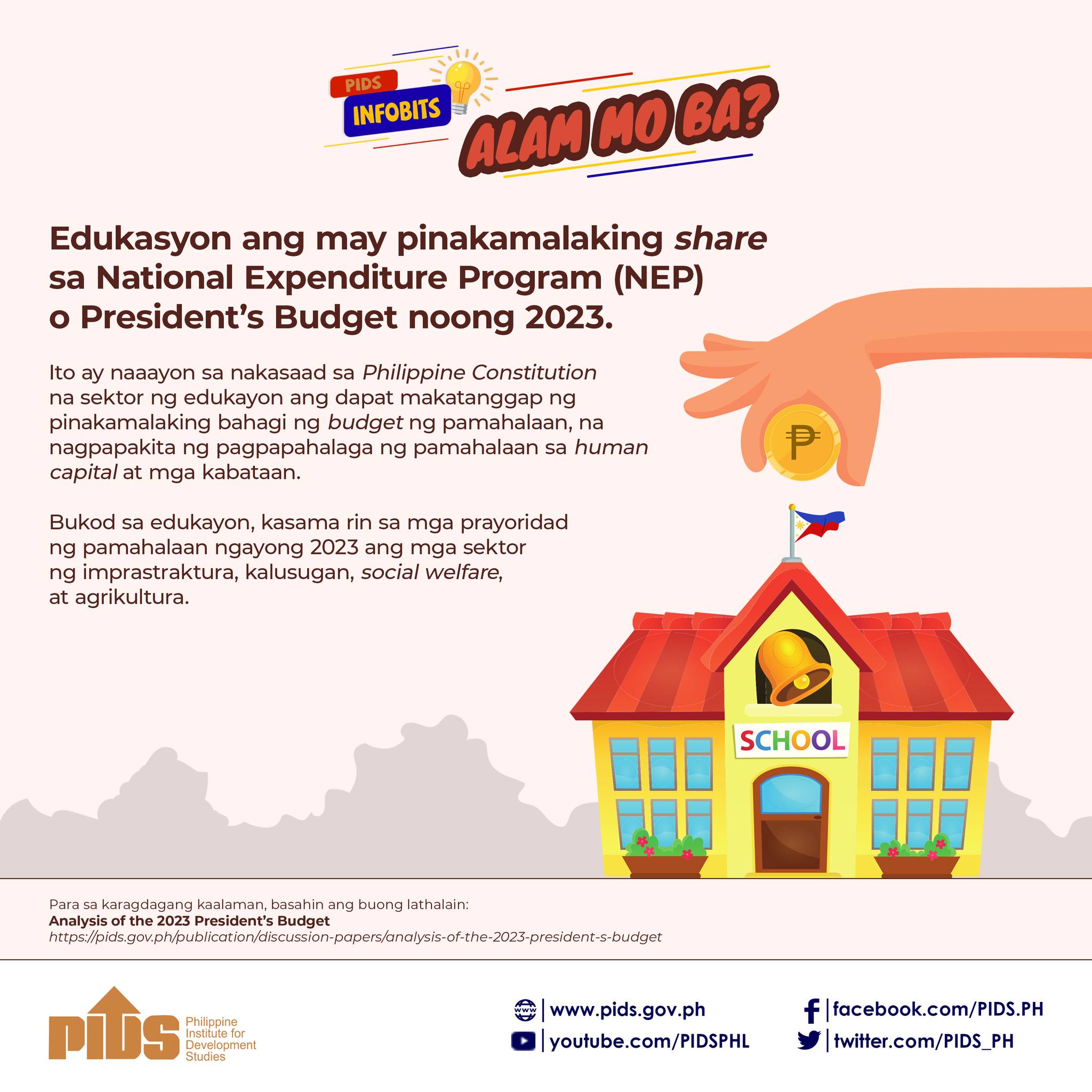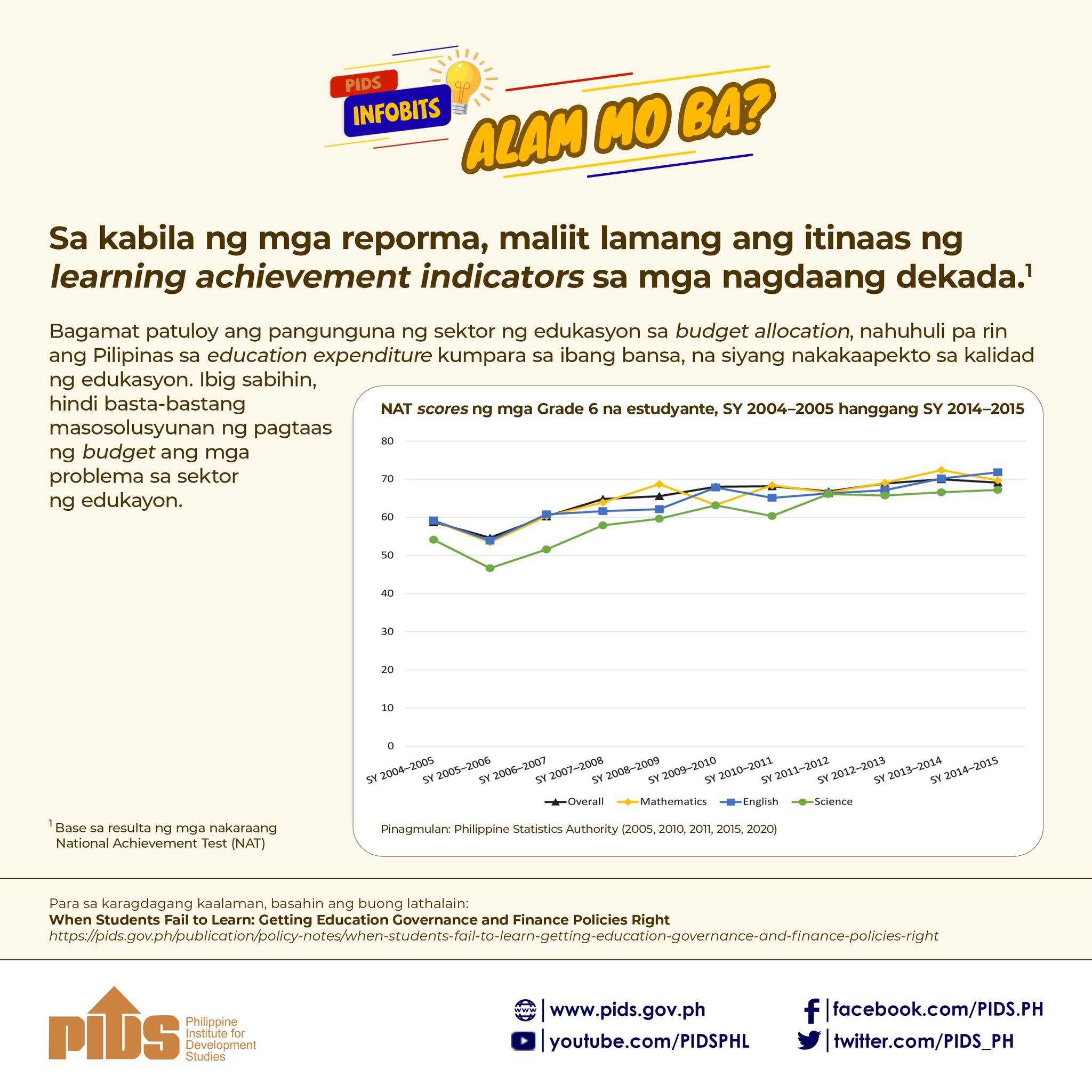The Literacy Coordinating Council (LCC) held its first-ever virtual National Literacy Conference (NLC) on September 6-7, 2021 in conjunction with the celebration of the National Literacy Week as stipulated in Presidential Proclamation No. 239, s. 1993. The Conference was held via Microsoft Teams and broadcasted simultaneously via DepEd, LCC, and its partner institutions’ Facebook pages.
In its pursuit of universalizing literacy, the theme for this year’s NLC is “Literacy Learning Innovations in the New Normal Towards Sustainable Development.” The Conference addressed the following objectives: a) present the current literacy situation in the country; b) share practices on addressing challenges and opportunities in literacy education; c) showcase researches on literacy education during the pandemic; and d) discuss policy recommendations on the achievement of SDG 4.
DepEd Secretary Leonor Magtolis Briones graced the opening program, emphasizing DepEd’s commitment to promoting inclusive literacy despite any challenges. She also hoped for the success of the two-day Conference. Secretary Briones also assured everyone that the Department would continue delivering quality basic education to every Filipino child despite the health crisis. She also emphasized the importance of linkages and thanked all partners and stakeholders for implementing literacy initiatives. Secretary Briones also called on everyone to continue addressing education issues by producing more literacy champions and becoming globally competitive.
Meanwhile, DepEd Undersecretary for Curriculum and Instruction and LCC Chairperson, Dr. Diosdado M. San Antonio highlighted the importance of Bayanihan and called for the continuous support of both national and local governments in advocating literacy programs and projects in the country. He also promised to continue finding ways in ensuring every Filipino can possess the foundational literacy skills needed to survive.
SEAMEO Secretariat Director Dr. Ethel Agnes P. Valenzuela emphasized that literacy empowers the youth and allows people to be responsible citizens of their country. She also expressed her concern about the number of youths and adults lacking basic literacy globally. Dr. Valenzuela mentioned the need for equitable learning for all and provided some topics that must be included in literacies such as gender equality and climate change.
LCC invited prestigious speakers for each plenary session. The Philippine Statistics Authority’s Assistant National Statistician Wilma A. Guillen and Senior Research Fellow of the Philippine Institute for Development Studies Dr. Jose Ramon G. Albert thoroughly presented the 2019 Functional Literacy, Education and Mass Media Survey (FLEMMS) results and the importance of literacy research in the new normal. On the other hand, Ms. Susan M. Carandang, Supervising Economic Development Specialist from the National Economic and Development Authority facilitated and moderated the Plenary I discussion. Concerns such as digital illiteracy among elders and out-of-school youth problems were addressed by Ms. Guillen and Dr. Albert during the open forum.
LCC Secretariat Head Mr. Enrico R. Mendoza facilitated the introduction of esteemed guest speakers in Plenary II. DepEd’s Bureau of Learning Delivery Director Leila P. Areola tackled the topic “Blended Distance Learning: Delivering Learning During COVID-19 Pandemic,” followed by the presentation on the Alternative Learning System Updates by Assistant Secretary G.H. S. Ambat. For the third subtopic, TESDA’s Executive Director David B. Bungallon provided insights on Philippine TVET initiatives amidst the challenges of COVID-19 pandemic and the 4th Industrial Revolution. The Day 1 of the Conference ended fruitfully with participants invited again to join the Day 2 of the Conference. Participants used the opportunity to ask questions to the guest speakers regarding their concerns on remunerations, incentives and allowances being received by the DepEd and ALS teachers, among other concerns.
Interesting topics were also tackled on the Day 2 of the Conference. Not everyone is familiar with the word Pandemogogy, derived from the words pandemic and pedagogy, which means the method of teaching during the pandemic. Dr. Isabel Martin from the Ateneo de Manila University and Dr. Eva Wong, former Director of the Hong Kong Baptist University both delved into the discussion on that subject in Plenary III, with an explanation on how local and international schools handle the massive effect of the COVID-19 pandemic. The discussion was facilitated and moderated by Dr. Heidi Macahilig, LCC member representative and Associate Dean, Graduate Teacher Education Faculty, College of Graduate Studies and Teacher Education Research from the Philippine Normal University.
Various basic education policy recommendations in the new normal were presented by Mr. Nemesio O. Malatamban III, one of the LCC member representatives and Supervising Legislative Staff Officer II from the House of Representatives. NLC participants were active during the open forum and raised several concerns regarding the implementation of these policy recommendations. They also hoped for proper dissemination of laws and engagement of stakeholders in monitoring the implementation of laws.
Participants were assigned to their respective breakout rooms during the breakout session. Through the assistance of the designated facilitators and LCC Secretariat personnel, they were able to identify the initiatives in the community/organization, their issues and concerns, as well as the policy recommendations in the following topics: 2019 FLEMMS Results and Literacy Research in the New Normal, Blended and Flexible Learning, and Pandemogogy. Afterwards, the nominated rapporteurs in the three rooms presented their outputs in the main plenary room. Facilitators of the Breakout Session were E-Net Philippines Ms. Vichelle Yumuya, DILG’s Ms. Evelyn Castro, and LCC TWG Member Ms. Ma. Cristina M. Gonzales.
Education for Life Philippines Chairperson Mr. Edicio G. Dela Torre shared a brief, but inspirational synthesis highlighting the importance of lifelong learning. Participants expressed their appreciation to Mr. Dela Torre’s message through an evaluation form which they filled out after the Conference. NEDA Director IV Girlie Grace J. Casimiro-Igtiben delivered her closing message, conveying her gratitude to all the participants of this year’s Conference, and hoped to see them again in the future activities of LCC.
The conduct of the National Literacy Conference served as a venue for sharing experiences in implementing literacy programs and projects for community development. The Literacy Coordinating Council wishes to express its gratitude to all the literacy partners and stakeholders who supported them throughout the implementation of its programs, projects, and activities.
LCC Exults in the Success of Its First Virtual National Literacy Conference

